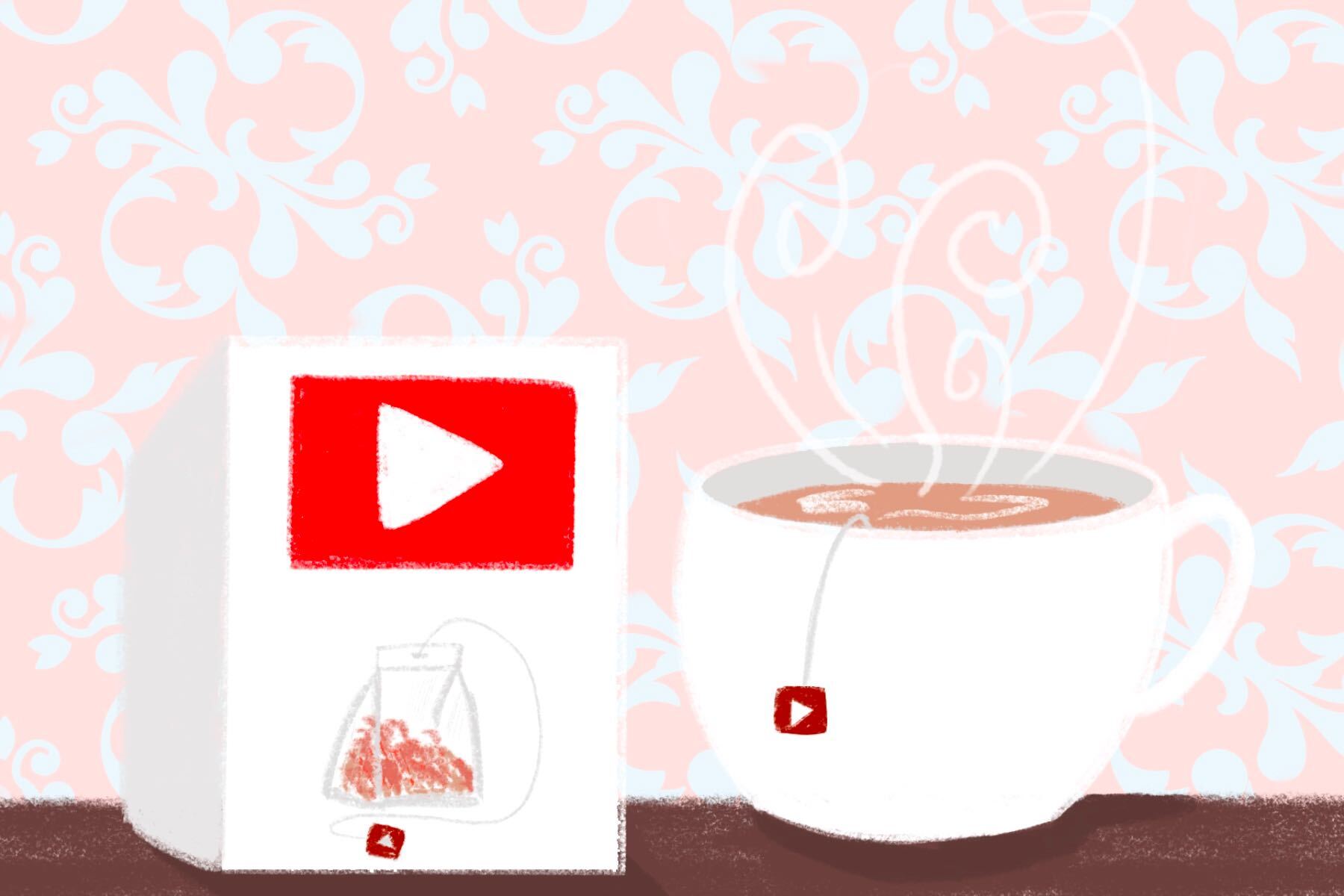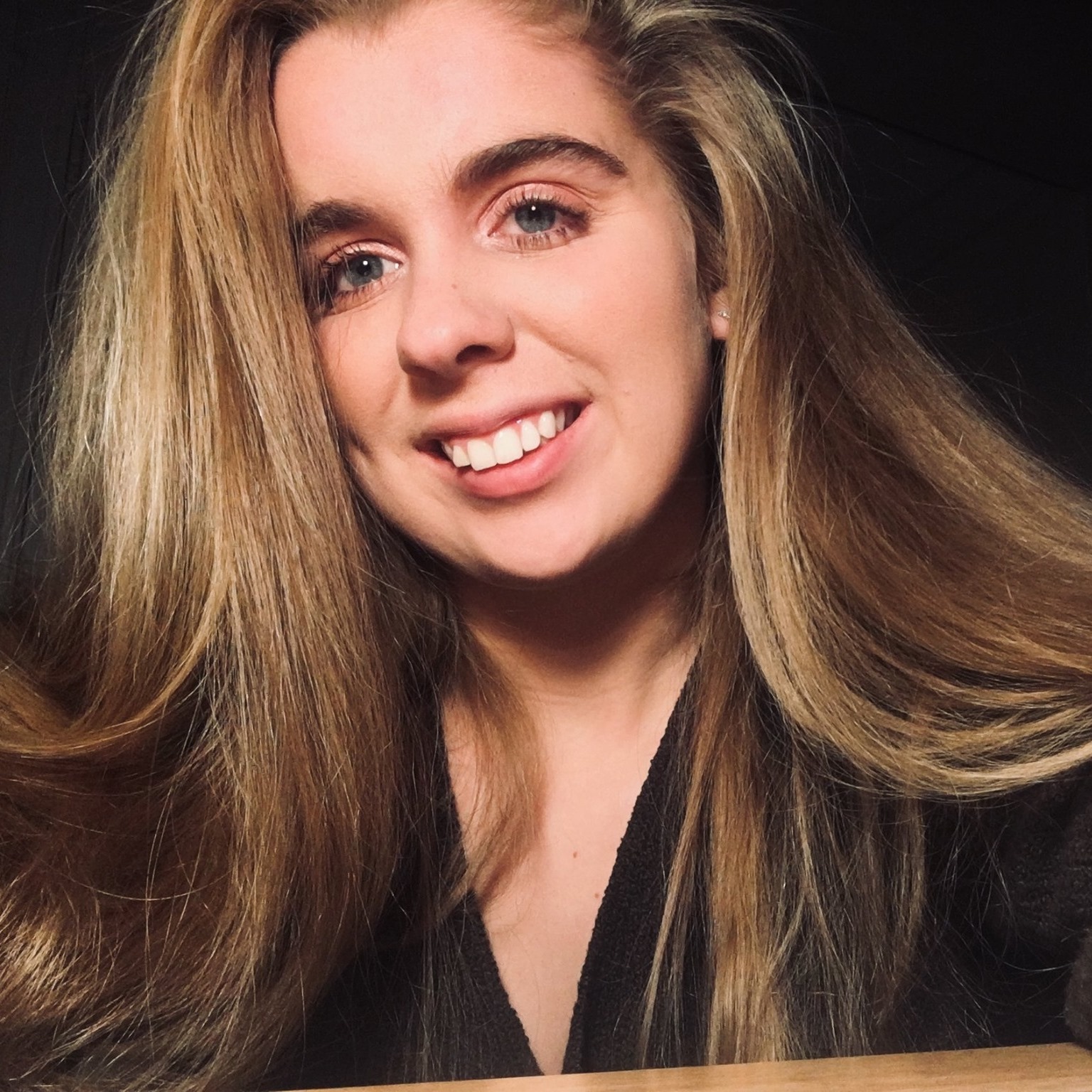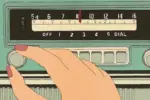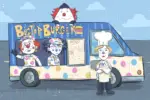Since its launch in 2017, Tea Spill has accumulated 1.6 million subscribers on YouTube — without even showing the creator’s face.
In the past 30 days, the creator has gotten over 11 million video views, and Social Blade estimated her monthly earnings to be anywhere from $2,900 to $46,000.
This channel is a glimpse into a side of the platform that has gained momentum over the past few years — the “drama community.” Put simply, these types of accounts are the internet’s gossip magazines and tabloids that cover internet stars, especially YouTubers.
These channels serve as a news source for millennials and Gen Z. They inform their viewers about their favorite influencers, who are typically not covered on the mainstream media, such as Fox News and CNN.
In his video titled, “My Problems With (some) Drama Channels,” Luke Alexander said there are three different types within the drama community: tea channels, drama channels and commentary channels.
Tea Channels
These channels report on drama news and dig into scandals, typically involving YouTubers. They gather receipts and put it in videos, including PDFs, tweets and screenshots of conversations. These channels typically do not show their face or voice and do not share their opinion, “just facts.”
Some examples are Tea Spill and Shook.
Drama Channels
Similar to tea channels, they report on the drama about influencers while sharing receipts. However, they show their face and voice while giving their opinion on the scandal or drama they are reporting on.
Some examples are DramaAlert and Angelika Oles.
Commentary Channels
These channels don’t necessarily talk about YouTube drama but instead, talk about things happening on the internet. They occasionally provide receipts, but mostly give opinions on the topic.
Some examples are Tiffany Ferg, the Viewers Voice and Dustin Dailey.
The drama community as a whole informs their audience about everything from insensitive jokes to arguments between influencers.
How Influencers Interact With These Channels
Influencers interact in almost every possible way. It could be through Twitter, DMs, YouTube comments and even email.
Drama channels can also be used effectively by influencers. For example, Kathleen Lights was caught saying the N-word in a Snapchat story. She contacted every drama channel to tell her side of the story so they could pass it on to their audience.
Some influencers and members of the drama community have gone a step further and become friends.
Friendships and Biases
Like in mainstream news outlets, personal biases can sway how these channels want their audience to view a certain situation. It can alter how they report on a situation or person and which facts they choose to show.
A recent situation between beauty guru and CEO Jeffree Star, and drama channel Ashlye Kyle, is a perfect example of personal bias. She released a video about a month ago titled, “I WAS ON JEFFREE STAR’S PAYROLL.”
She revealed text messages between her and Star, exposing him for talking horribly about James Charles before “Dramageddon 2.0.” Kyle said they are no longer friends, and that their former friendship reflected a huge conflict of interest.
Another example is Rich Lux, a drama channel on YouTube. He appeared in a docuseries by YouTuber Shane Dawson and was openly friends with both Dawson and Starr, who were involved in Dramageddon 2.0.
On his channel, Lux reported on these people, but any viewer should take what he says with a grain of salt.
Enemies (and Possible Biases)
Of course, there are influencers who despise these types of channels.
For instance, YouTuber Gabbie Hanna recently deleted her social media, including Twitter and Instagram, following internet backlash. It all started with her accusing YouTube of preventing users from seeing her videos.
She posted a video titled, “my toxic relationship with youtube | I’ve been shadowbanned.” After searching her name on YouTube, Hanna pointed out content from drama channels were showing up ahead of her actual content.
Hanna responded to many criticizing her on Twitter, including drama channels.
She went on to talk about the hate she was receiving on her podcast, “Box of Thoughts,” in an episode titled “Enough.” She said her critics were “bullies” and “narcissistic abusers.”
For another example, James Charles, a beauty guru, said on a Heard Well LGBTQ+ panel that all of these drama channels should be deleted and that the majority are awful.
“It’s never like news, it’s always based on assumptions,” he said to the panel. “There are some that basically upload stories about something within minutes of anything happening. I’m like, ‘Did you even do research? Did you even look at both sides of the situation?’”
Charles continued and questioned if they just uploaded because they knew the title was going to get views.
Are Drama or Tea Channels “Journalists”?
Short answer is no (and we should not expect them to be).
Most drama channels are not made up of trained journalists. However, I do think some may put in the same amount of effort to make sure they have accurate research, just like journalists do.
The Society of Professional Journalists (SPJ) declares four principles as the foundation of ethical journalism:
- Seek Truth and Report It
- Minimize Harm
- Act Independently
- Be Accountable and Transparent
Drama and tea channels can be compared to gossip magazines and tabloids, known as sensationalized journalism. It can be argued this type of journalism does not typically keep these principles in mind; it has been questioned about its legitimacy and pursuit of truth.
How has this Community Changed the Internet Environment?
Influencers and celebrities have always had to watch what they say, but I think this concern has increased. Not only do they have to worry about mainstream media outlets, they now have YouTube channels talking about their scandals.
Viewers are way more involved in the lives of their favorite influencers than they have ever been before.
Is It Bullying?
Talking about certain internet drama and criticizing someone does not automatically mean it’s bullying.
This does not mean some drama channels and reaction channels are not posting mean-spirited videos. Larger influencers do tend to be the “target” of these channels — there is more viewership when their name is in the title, after all.
So, yes, it can cross the line into cyber-bullying.
Does the Drama Community Contribute to Cancel Culture?
Cancel culture is an extreme form of online shaming.
On Dictionary.com, it is defined as “the popular practice of withdrawing support for (canceling) public figures and companies after they have done something considered objectionable or offensive.” It stems from the unrealistic expectation that influencers have to be perfect, and if they do make a mistake, there is no coming back from it.
If there was no cancel culture, there would not be as many drama channels; they would not be as successful if people didn’t love drama, especially when it does not involve them.
As horrible as it sounds, people love to watch the big winners fall, even if the rumor or scandal is not necessarily true.
The second principle of good, ethical journalism is to minimize harm, meaning to treat sources and everyone with respect. And to put it simply, drama channels profit off of people’s downfalls.

















